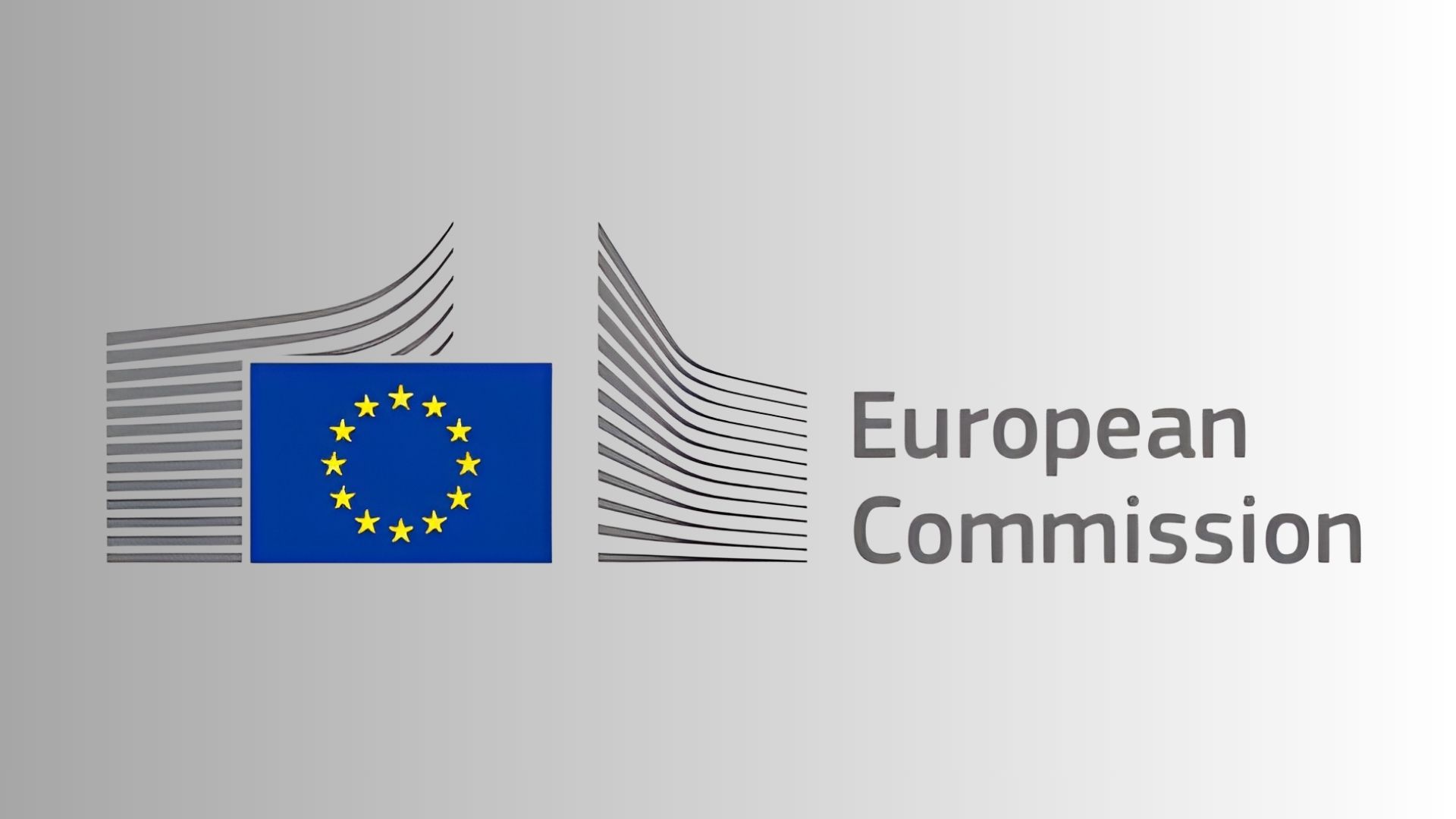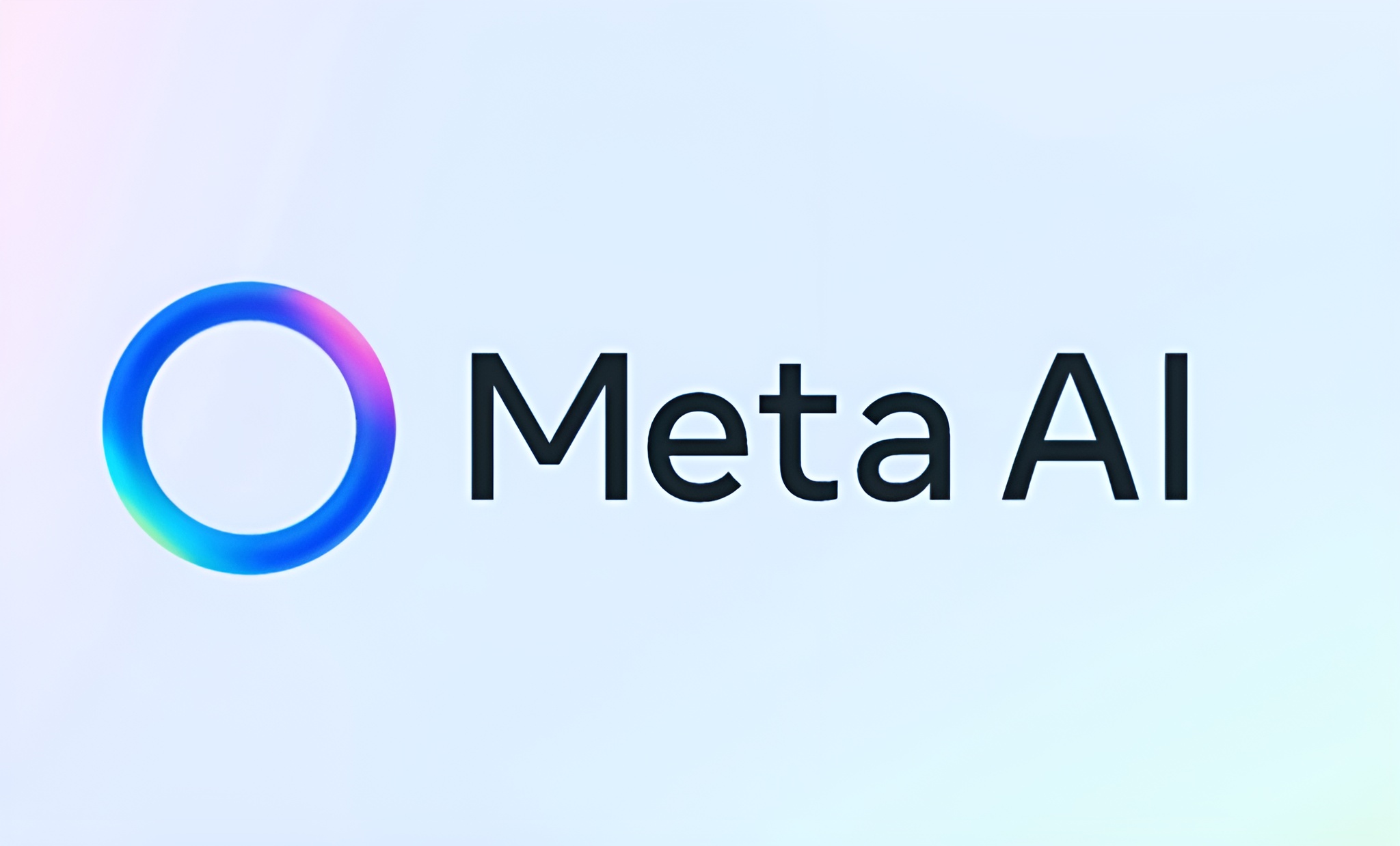The AI talent studio behind synthetic actress Tilly Norwood is preparing to expand what it calls the ‘Tilly-verse’, moving into a new phase of AI-first entertainment built around multiple digital characters.
Xicoia, founded by Particle6 and Tilly creator Eline van der Velden, is recruiting for 9 roles spanning writing, production, growth, and AI development, including a junior comedy writer, a social media manager, and a senior ‘AI wizard-in-chief’.
The UK-based studio says the hires will support Tilly’s planned 2026 expansion into on-screen appearances and direct fan interaction, alongside the introduction of new AI characters designed to coexist within the same fictional universe.
Van der Velden argues the project creates jobs rather than replacing them, positioning the studio as a response to anxieties around AI in entertainment and rejecting claims that Tilly is meant to displace human performers.
Industry concerns persist, however, with actors’ representatives disputing whether synthetic creations can be considered performers at all and warning that protecting human artists’ names, images, and likenesses remains critical as AI adoption accelerates.
Would you like to learn more about AI, tech, and digital diplomacy? If so, ask our Diplo chatbot!










